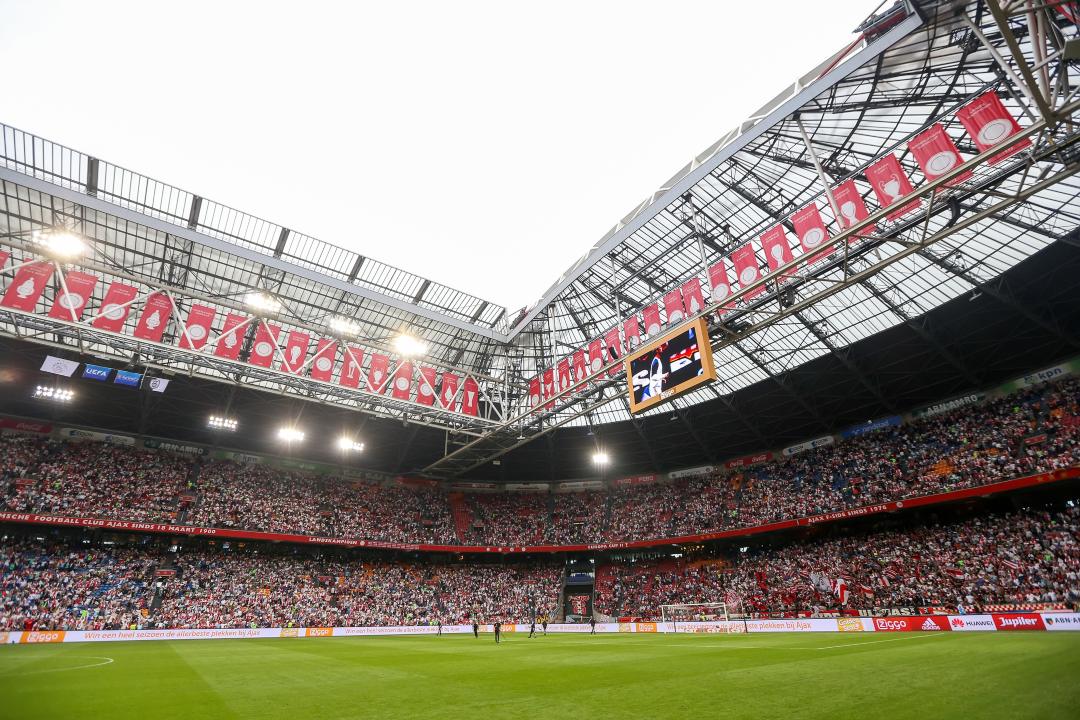During the EU Championship qualifying match between Netherlands and Estonia, the Royal Dutch Football Association (KNVB) trialed its new app which is based on blockchain and is aimed at selling the tickets to football matches.
The news about this development was reported by Ajax Life, a fan-based magazine associated with one of the top-tier Dutch teams AFC Ajax, on November 19th.
Since the world became more and more dependent on the internet, online service became a dominant form of operation in the majority of industries. And the most prominent and revolutionary facet of this development is definitely blockchain.
This peer-to-peer technology is guaranteed to be the fastest and most secure payment method in the financial world. Moreover, the information about transactions is never lost since its deeply embedded in the system.
These and other perks are the reason why so many operators and entrepreneurs are already migrating to blockchain-based payments and supply chains. From crypto-powered escape rooms to blockchain-tracked food deliveries, this technology is already being used by entrepreneurs all around the world.
It is probably due to this trend and the advantages of blockchain that the Dutch Football Association has decided to incorporate this technology into its ticketing system. Before blockchain, the tickets were sold in a form of PDF prints which then could be scanned at the entrances. However, it was very easy to counterfeit the PDFs and make multiple passes out of just one.
With blockchain, KNVB is combating fake tickets and black market sales. It gets rid of PDF passes by granting visitors access to the stadium via their own app. What’s so special about this app is that it’s only operational for a certain amount of time and within a certain radius of the stadium where the match is taking place. This way, it’s virtually impossible to resell tickets multiple times.
The project, in which both KNVB and AFC Ajax were active participants, was called “Change the Game Challenge”. Under this initiative, the two parties developed innovative products to assist the trial implementation of KNVB’s blockchain-powered app.
There are many other companies and entities that are eagerly incorporating blockchain-powered systems in their services. Other than the above-mentioned uses in escape rooms and Dutch football teams, there are many other industries that also want to take advantage of cryptocurrencies.
For example, the two Norwegian salmon-producing companies, Cermaq and Labeyrie have also begun incorporating blockchain-based tracking systems that will provide much larger transparency of where the fish was born, how it was processed, and so on.
There’s one more example of cryptocurrencies being used in football: a blockchain platform Socios.com is partnering with several famous football clubs – including West Ham United, Paris Saint-Germain, and Juventus – to release their own branded crypto tokens for their fans.
The Shubert Organization, which is the biggest ticket operator for Broadway, is also planning to use blockchain for its ticketing solutions which will eliminate counterfeiting possibilities. If the pilot proves successful, the company is planning to entirely implement blockchain in its business.




